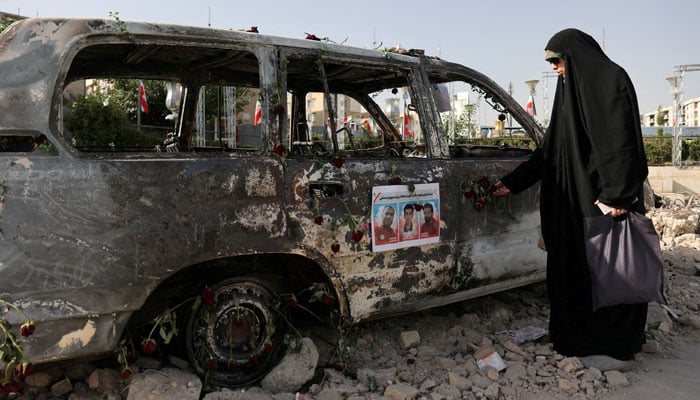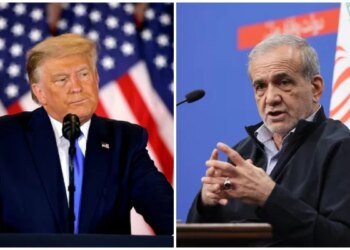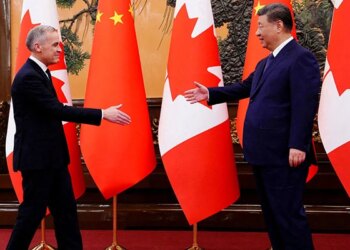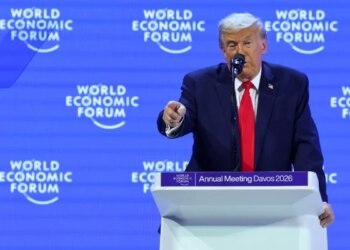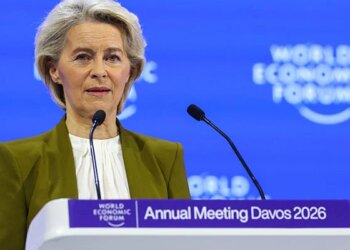Select Language:
The world is currently grappling with one of the “most intricate” geopolitical landscapes in decades, according to the leader of the World Economic Forum (WEF). He emphasized that this unrest is significantly affecting global economic growth.
“We are witnessing one of the most complicated geopolitical and geo-economic climates we’ve faced in many years,” stated Borge Brende, President and CEO of WEF, ahead of the group’s gathering set to take place in Tianjin, a city in northern China.
Brende cautioned that if growth cannot be revitalized soon, we may face a decade of stagnation.
This week’s WEF meeting will host notable officials, including Singapore’s Prime Minister Lawrence Wong, and is informally referred to as “Summer Davos”.
The conference occurs shortly after the U.S. became more involved in the Iran-Israel conflict, following months of global economic turmoil due to tariffs imposed by former President Donald Trump.
Brende remarked to AFP that it’s still too early to gauge the long-term consequences of Trump’s extensive tariffs.
“It’s premature to conclude regarding the ultimate effects of these tariffs since negotiations are still in progress,” he explained.
“The situation remains uncertain, but the traditional globalization we knew has transformed into a different system,” he added. “This marks a new chapter, particularly since trade was the driving force for growth.”
Brende also expressed concern that escalating conflicts could negatively affect global economic performance.

